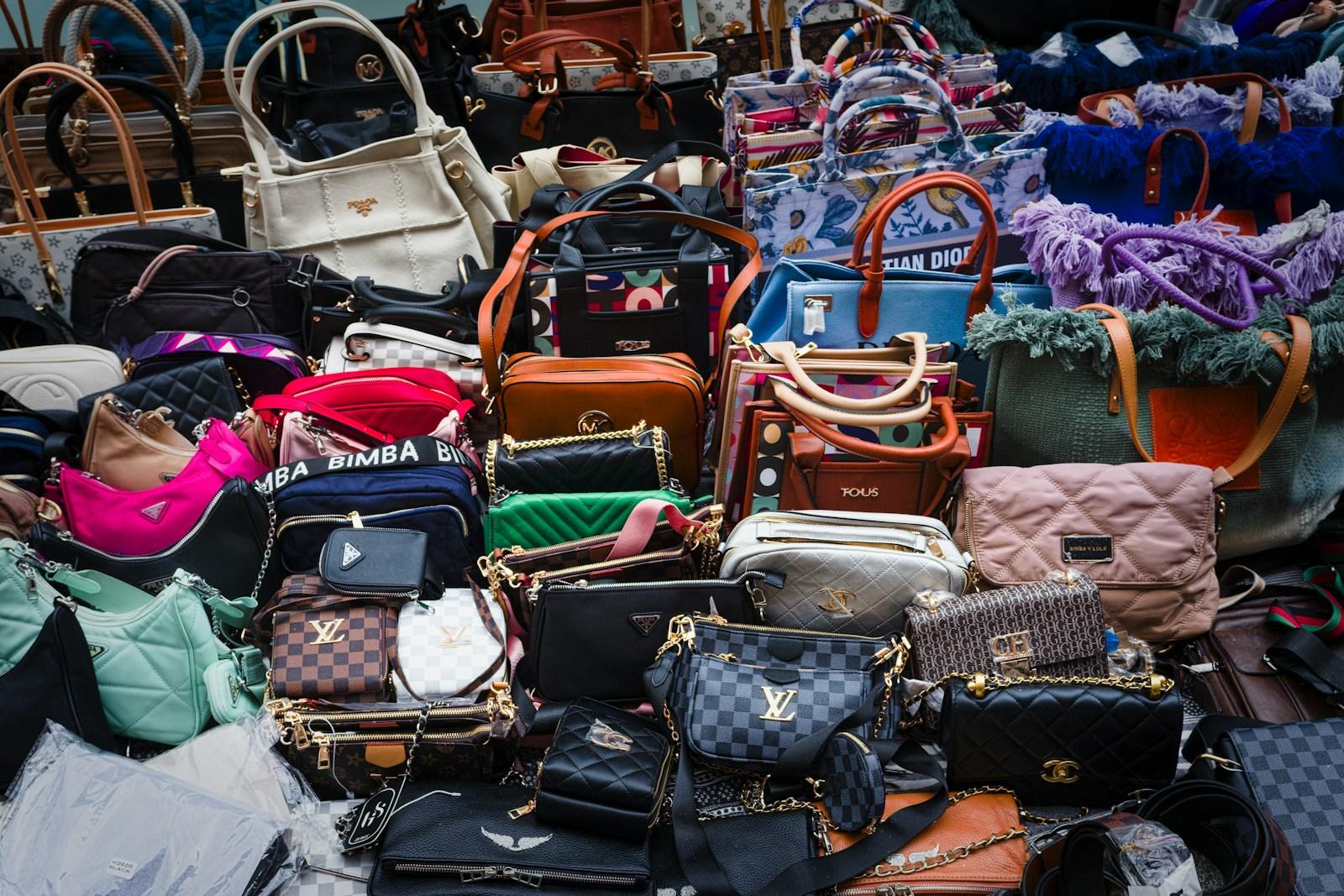AI is crucial for anti-counterfeiting success in Southeast Asia

Counterfeit goods have become a serious challenge across Southeast Asia, with fake fashion, electronics, and pharmaceuticals flooding street markets and online platforms. This growing issue hits businesses hard — especially startups and small brands that lack the resources to protect their products. Counterfeits erode customer trust, hurt sales, and make it tough for real innovators to compete in the market.
For entrepreneurs trying to build a brand, the rise of fake products can be a major roadblock — but technology is starting to turn the tide. Artificial intelligence is making waves in the fight against fakes. Tools like image recognition and blockchain help companies detect and stop counterfeit goods before they reach customers.
The scope of counterfeiting in Southeast Asia
Southeast Asia has become a major hub for counterfeit goods, with Indonesia, Vietnam, Thailand, and the Philippines standing out as key hot spots. These countries see a high volume of fake products sold in street markets, retail stores, and, increasingly, online platforms.
The global counterfeit industry is expected to reach $1.79 trillion by 2030. From knockoff fashion items and fake electronics to medicines and packaged food, the range of bogus goods continues to expand. These products often look convincing but don’t meet the quality and safety standards of genuine brands.
The economic fallout is hard to ignore. Businesses lose revenue, startups struggle to compete, and brand reputations take a serious hit. Counterfeit products are not subject to the same manufacturing protocols as original items, which makes them more likely to fail or cause harm.
In sectors like health and food, this can lead to safety risks, legal troubles, and noncompliance with regulations. For entrepreneurs and companies trying to scale in Southeast Asia, counterfeiting is a real threat to growth and trust.
Government crackdowns and campaigns
Vietnam is stepping up its fight against counterfeits with stronger customs enforcement and tighter monitoring of online platforms. Government bodies and industry stakeholders push for a more robust legal framework to protect digital consumers, especially as e-commerce continues to boom.
There’s a growing call for platform accountability and better coordination between regulators, tech companies, and brand owners to tackle the problem at its source. These efforts signal a shift toward a more proactive, technology-driven approach to protecting consumers and businesses from fake goods.
Elsewhere in the region, Indonesia has launched national campaigns targeting counterfeit cosmetics and pharmaceuticals — two product categories that pose severe health risks. Thailand is making strides in intellectual property enforcement, working closely with international partners to track and take down fake goods.
On a broader scale, ASEAN promotes cross-border cooperation, which encourages member states to share data, align enforcement strategies, and develop regional solutions. These combined efforts reflect a growing recognition that the counterfeit crisis can’t be solved in silos — it requires collaboration, innovation, and strong policy support.
How AI changes the industry
Artificial intelligence is becoming pivotal in the global fight against counterfeit goods. Technologies like machine learning, computer vision, and blockchain help businesses spot fake products more efficiently and at scale.
AI systems can analyze product details — like packaging and serial numbers — with high accuracy, which flags inconsistencies that may go unnoticed by the human eye. These tools are especially useful for monitoring large volumes of listings across e-commerce platforms, where counterfeiters often slip under the radar.
Blockchain adds transparency to the supply chain. With technologies like RFID tags, NFC chips, or QR codes, companies can track the journey of a product — from manufacturer to consumer. This kind of traceability makes it much harder for counterfeit goods to enter the market unnoticed.
The benefits are clear — faster and more accurate detection, scalable systems, and real-time alerts. For companies navigating Southeast Asia’s complex market, AI offers a smart, forward-looking solution to a costly and persistent problem.
Opportunities for entrepreneurs and innovators
Startups across Southeast Asia seize the moment by developing AI-based tools that help brands verify product authenticity and fight back against counterfeits. These solutions use everything from computer vision to advanced data analytics to detect fake goods quickly and accurately.
As demand for secure and scalable authentication grows, investors show strong interest in this emerging tech space. Startups that can offer fast, user-friendly, and cost-effective tools are well-positioned to lead the next wave of innovation in brand protection.
Governments are also getting involved, forming partnerships with private tech companies to strengthen enforcement and improve supply chain transparency. These collaborations drive real progress, from smarter customs systems to digital product verification platforms.
The momentum is backed by strong market potential. Experts value the Asia-Pacific anti-counterfeit packaging market at $42 billion in 2024 and say it could grow to around $119.1 billion by 2032. For entrepreneurs and tech leaders, the message is clear — the market is ready, and the opportunity is real.
The future of brand protection with AI innovation
AI and innovation are essential in the fight against counterfeits. They give businesses the tools to protect their products and restore consumer trust. As the market evolves, entrepreneurs and tech leaders have a unique chance to build smarter, scalable solutions that shape the future of global commerce.
#AntiCounterfeit #AIInnovation #BrandProtection #EcommerceSecurity #SmartSupplyChain
- Art
- Causes
- Crafts
- Dance
- Drinks
- Film
- Fitness
- Food
- Jocuri
- Gardening
- Health
- Home
- Literature
- Music
- Networking
- Alte
- Party
- Religion
- Shopping
- Sports
- Theater
- Wellness


